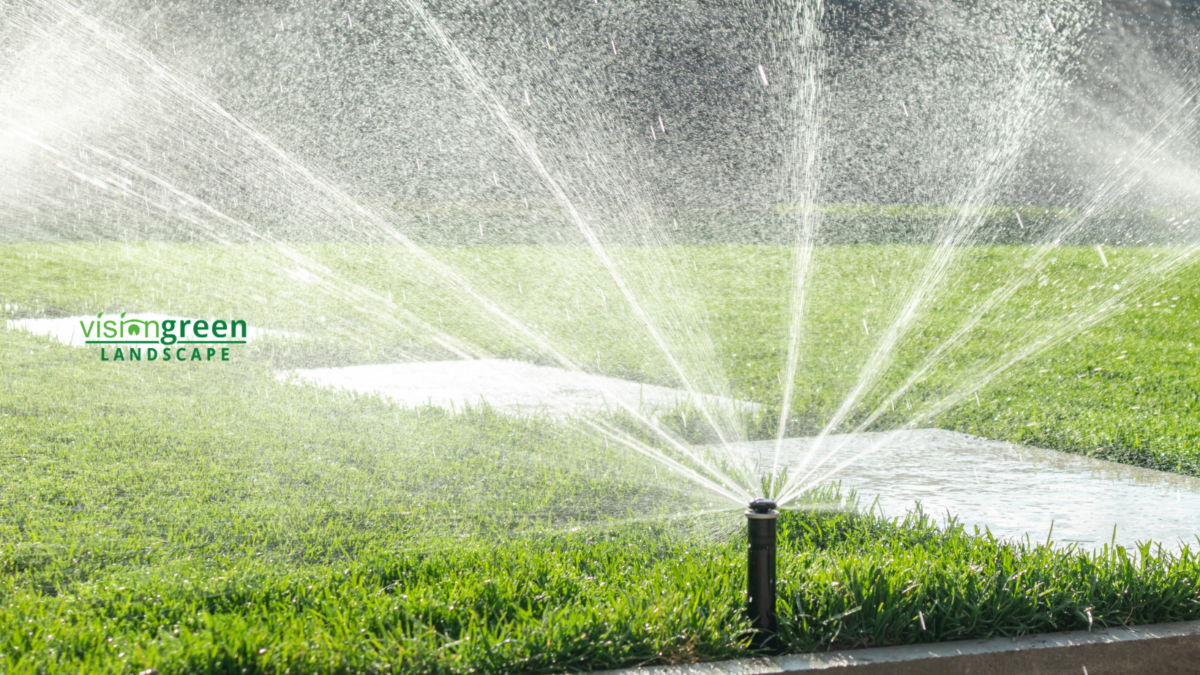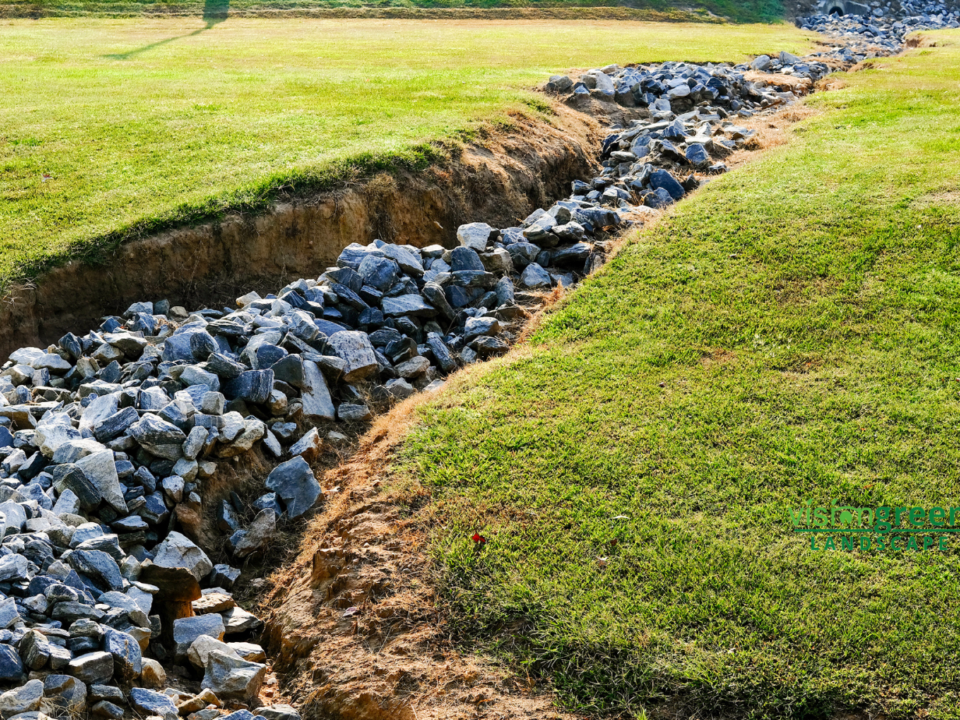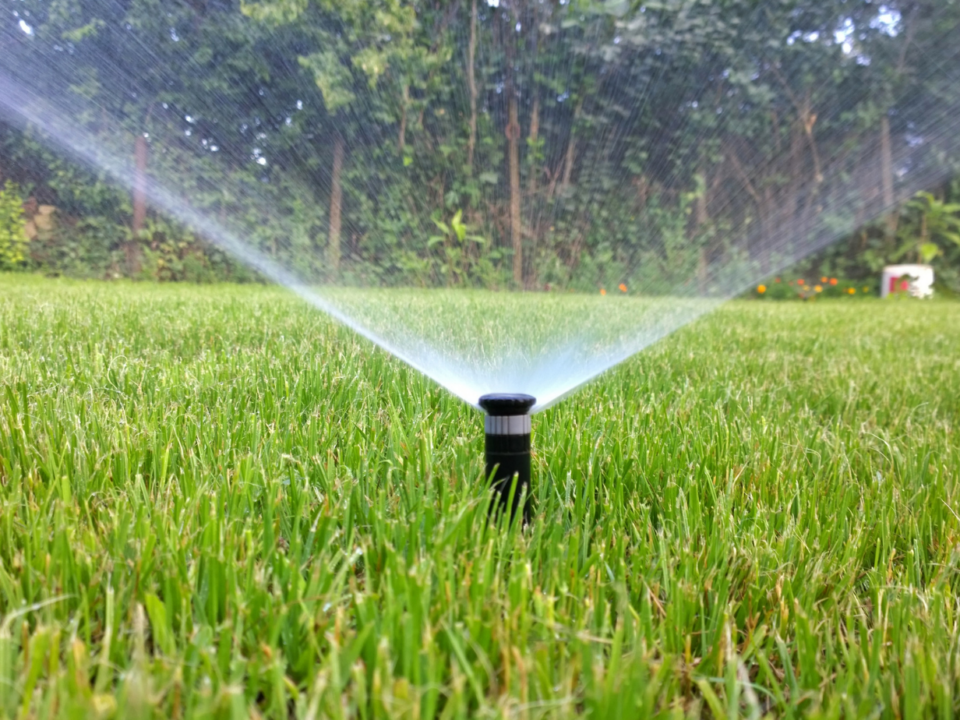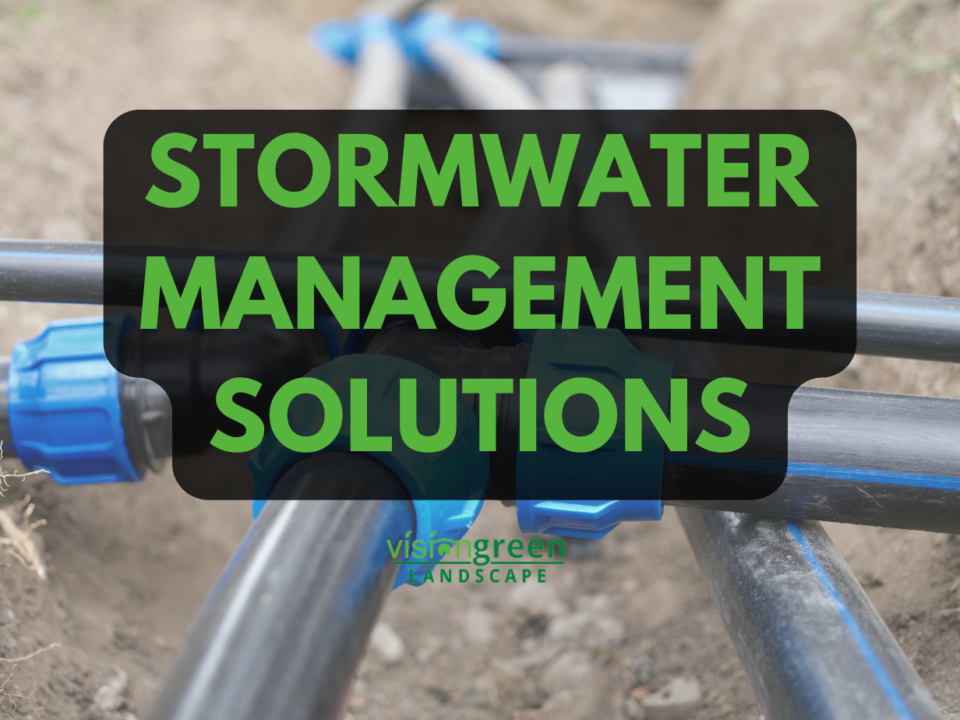Repair Your Lawn Irrigation System

Perks of Hiring Charlotte Hardscape Specialists
September 13, 2024
What Drives Artificial Turf Prices?
November 30, 2024When to Fix and When to Replace
Keeping a lush, green lawn in Charlotte, NC, depends on more than just good weather—it requires a well-maintained irrigation system. Whether you’re a homeowner looking to enhance your outdoor space or a business owner who needs an attractive landscape for curb appeal, taking care of your irrigation system is key to ensuring your lawn thrives year-round.
This guide will walk you through some common lawn irrigation issues, basic repairs you can handle yourself, and tips for when to call a professional.
Common Lawn Irrigation Problems and How to Identify Them
Over time, every irrigation system encounters a few hiccups. Knowing what to look for can save you both time and money. Here are some common issues to keep an eye on:
- Leaking Sprinkler Heads: If you notice soggy patches of grass or water pooling around a sprinkler head, it may be leaking. This can waste water and leave your lawn overwatered in spots.
- Low Water Pressure: Are your sprinklers not popping up fully, or is the spray weaker than usual? This could indicate low water pressure, which is often caused by clogged nozzles, a broken valve, or a leak somewhere in the system.
- Clogged Nozzles and Filters: Dirt, debris, and lawn clippings can clog sprinkler heads and filters, causing uneven watering or no water at all.
- Damaged Pipes or Valves: A broken pipe or faulty valve can disrupt the water flow to your lawn, leading to dry patches or overwatering.
- Electrical or Solenoid Issues: If certain zones aren’t working, the electrical wiring or solenoid that controls your irrigation valves could be faulty.

Step-by-Step Guide to Basic Lawn Irrigation Repairs
The good news is that many common irrigation problems can be fixed without calling in a professional. Here are some DIY solutions to get your system back on track:
- Cleaning and Unclogging Sprinkler Heads
- Simply unscrew the top of the sprinkler head, remove the filter, and clean it with soapy water and a brush. Flush the system briefly before reassembling it.
- Fixing Leaking or Broken Pipes
- For small leaks, locate the broken pipe, dig around it carefully, and use PVC glue and couplings to repair the section. If the pipe is severely damaged, a telescopic repair coupling can be used to replace it.
- Replacing Faulty Sprinkler Heads or Risers
- If a sprinkler head is broken or misaligned, you can easily replace it by unscrewing the damaged head and attaching a new one. Make sure to check for proper water pressure after installation.
- Troubleshooting and Replacing Solenoids
- If certain zones aren’t turning on, check the solenoid in the valve box. A simple replacement can fix the issue, and solenoids typically cost around $15–$35.
When to Repair vs. Replace
Sometimes, a simple repair isn’t enough. Here’s when you should consider replacing parts of your system—or the entire system:
- Old or Brittle PVC Pipes: If your system is over 20 years old and made of PVC, it may be time for a full replacement. Newer systems use flexible polyethylene pipes, which last longer and adapt better to ground movement.
- Major Landscape Renovation: If you’re doing a big landscaping project and have to dig up a lot of the existing irrigation system, starting fresh with a new installation might be cheaper and more efficient.
- Poor System Design: A poorly designed system may be to blame if your lawn is unevenly watered or you’re wasting water. It’s worth investing in a new design that ensures proper coverage and efficiency.

Best Practices for Preventative Irrigation Maintenance
Preventative maintenance can keep your system running smoothly and avoid costly repairs.
Here’s how you can stay on top of things:
- Regular Pressure Checks: For most lawns, water pressure should be between 40 and 65 PSI. Too much or too little pressure could indicate a problem.
- Clean Sprinkler Heads and Flush the System: Make sure your sprinkler heads are clear of debris every season. Flush the system at the beginning of each season to remove any pipe build-up.
- Winterize Your System: In Charlotte, freezing temperatures aren’t uncommon in the winter. Drain your system and blow out any remaining water with an air compressor to prevent pipe damage.
- Adjust Your Schedule Seasonally: No need to water your lawn as much during the rainy spring or fall as you would in the hot summer months. Adjust your watering schedule to avoid overwatering and save on your water bill.
Why This Is All So Important
While many small repairs can be done independently, larger system-wide issues may require professional expertise. If you’re dealing with recurring problems, inefficient watering, or significant leaks, it’s time to call a certified irrigation specialist.
At Vision Green Landscape, we’ve helped countless homeowners and businesses in Charlotte, NC, keep their lawns green and healthy with expert irrigation services. From system repairs to full replacements and upgrades, our team is dedicated to ensuring your outdoor space looks its best year-round.

Consider an Irrigation System Upgrade
Even if your current system is functioning, upgrading components like sprinkler heads or installing smart controllers can significantly improve efficiency. Smart irrigation systems monitor weather conditions and adjust your watering schedule automatically, ensuring optimal water usage while keeping your lawn green and healthy.
Whether you’re troubleshooting minor issues or considering a full upgrade, a well-maintained irrigation system is essential to having a vibrant, beautiful lawn in Charlotte, NC. With proper care and modern upgrades, your system can last for years while enhancing the appearance and value of your outdoor space.
If you live in neighborhoods like Myers Park, Dilworth, Ballantyne, or SouthPark and want to improve your irrigation system, we invite you to contact Vision Green Landscape for expert repair, installation, or maintenance services.
Get a free quote on a new, efficient irrigation system tailored to your property’s needs.




